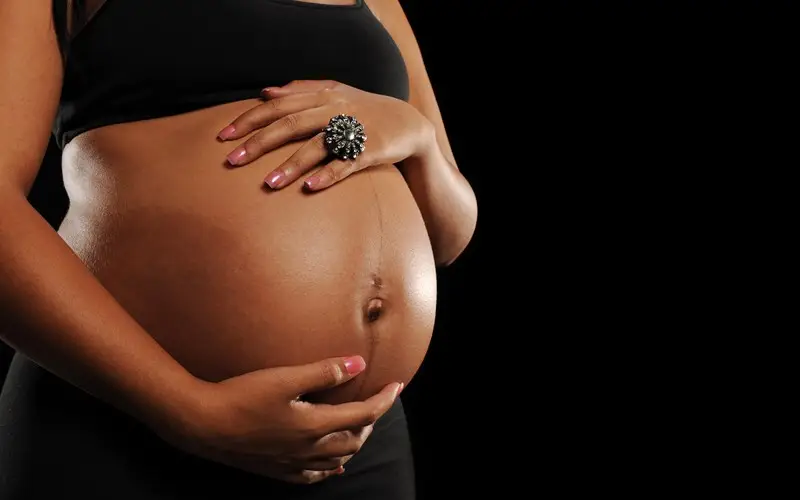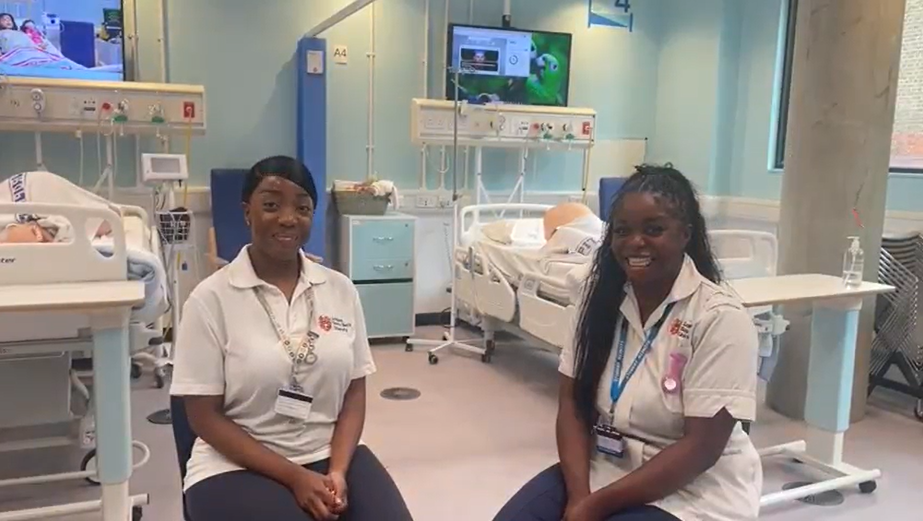The Royal College of Midwives has again called for immediate and urgent measures to tackle the inequality of outcomes for women and families using maternity services. The call comes following the publication of the latest MBRRACE-UK report, Saving Lives, Improving Mothers’ Care, into maternal deaths during and immediately following pregnancy between 2021 and 2023.
The report found that, between 2021 and 2023, Black women were more than twice as likely to die during or up to six weeks after pregnancy when compared with white women. Asian women and women from mixed ethnic backgrounds also had increased risk of death when compared with white women. Women living in the most deprived areas of the UK were more than twice as likely to die when compared to women living in the least deprived areas.
The report has also identified the many inequalities that may contribute to women’s deaths in the perinatal period. Almost all (91%) of women who died faced multiple interrelated social and health challenges.
The College has previously raised the significant impact that both ethnicity and social deprivation can have on women’s experiences of maternity care. In order to support those working in maternity services to address these and ensure women and families receive the most appropriate care, the RCM launched a Maternity Disadvantage Assessment Tool (MatDAT) last year. The MatDAT tool is a standardised assessment tool which not only ensures women receive the right care, but also the right support from other agencies.
Commenting on the MBRRACE-UK report, the RCM’s Head of Professional Policy and Practice, Clare Livingstone, said:
“These are not just statistics: there are families grieving these women who should be here today. This report once again shows stark and entrenched inequalities in pregnancy and birth outcomes. All of us involved in maternity care owe it to the families behind these numbers to act. Every preventable death is one too many and learning lessons from these tragic incidents is imperative. A system-wide approach is the only way we can better support women who are more at risk which is why the RCM fully supports the MBRRACE-UK recommendations. as we believe a system wide approach is the only way we can better support women who are more at risk.
“Midwives are educated to support the woman in front on them, tailoring their care and supporting them to make the most appropriate decisions about that care. The reality is that women accessing services are increasingly likely to have existing underlying physical and mental health conditions, often undiagnosed to that point. That is why it is essential that we have the right midwifery skill mix, and the right staff in the right place with enough time to meet the needs of all women using our maternity services. Additionally, preconception care, which could include counselling, weight management and smoking cessation support would make an enormous difference, to prepare the most vulnerable and high-risk women to get ready for pregnancy, which could include counselling, weight management, smoking cessation support would make an enormous difference.”
The report identified the most common causes of death in women who died between six weeks and a year after the end of pregnancy as mental health-related conditions, including suicide and substance and alcohol misuse as the most common causes.
In 2023, the RCM published a landmark Perinatal Mental Health Roadmap which was a set of guiding principles for perinatal mental health services. The RCM says when mental ill-health remains undiagnosed and untreated, not only is there an emotional impact on women and families but also a financial burden to the state – roughly an additional £8.1 billion each year.
Clare added:
“Pregnancy is often portrayed as a time of great happiness, but for many women this can be far from the reality. Pregnancy can be a time when women may be at their most vulnerable and in need of the most support. It’s also a time when the risk of domestic abuse heightens and some women worry about how they will cope due to financial pressures. That is why every NHS Trust and Health Board in the UK needs a full-time specialist perinatal mental health midwife within its maternity service to provide immediate advice and support.”
The RCM will continue to campaign for nationwide improvements to reduce perinatal deaths and health inequalities and to develop tools and guidance to better support its members in their workplaces to deliver care that is more responsive to the needs of women.
ENDS
To contact the RCM Media Office call 020 7312 3456, or email media@rcm.org.uk
- New recommendations from the ongoing national enquiries into maternal health and care in the UK | NPEU
- The RCM’s Maternity Disadvantage tool (MatDAT) has been developed with the support of The National Childrens Bureau, The National Lottery Community Fund and LEAP (Lambeth Early Action Partnership)
- Read and download the RCMs MatDat Tool HERE
- RCM’s ilearn
- RCM Position Statement: Supporting midwives to support women experiencing severe and multiple disadvantage
- RCM’s Decolonising the Midwifery Curriculum Toolkit
- Perinatal mental health – Royal College of Midwives
- RCM seeks to widen the lens in midwifery education to address colonialism in maternity – Royal College of Midwives
Notes to Editor
The Royal College of Midwives (RCM) is the only trade union and professional association dedicated to serving midwifery and the whole midwifery team. We provide workplace advice and support, professional and clinical guidance, and information, and learning opportunities with our broad range of events, conferences, and online resources. For more information visit the RCM | A professional organisation and trade union dedicated to serving the whole midwifery team


